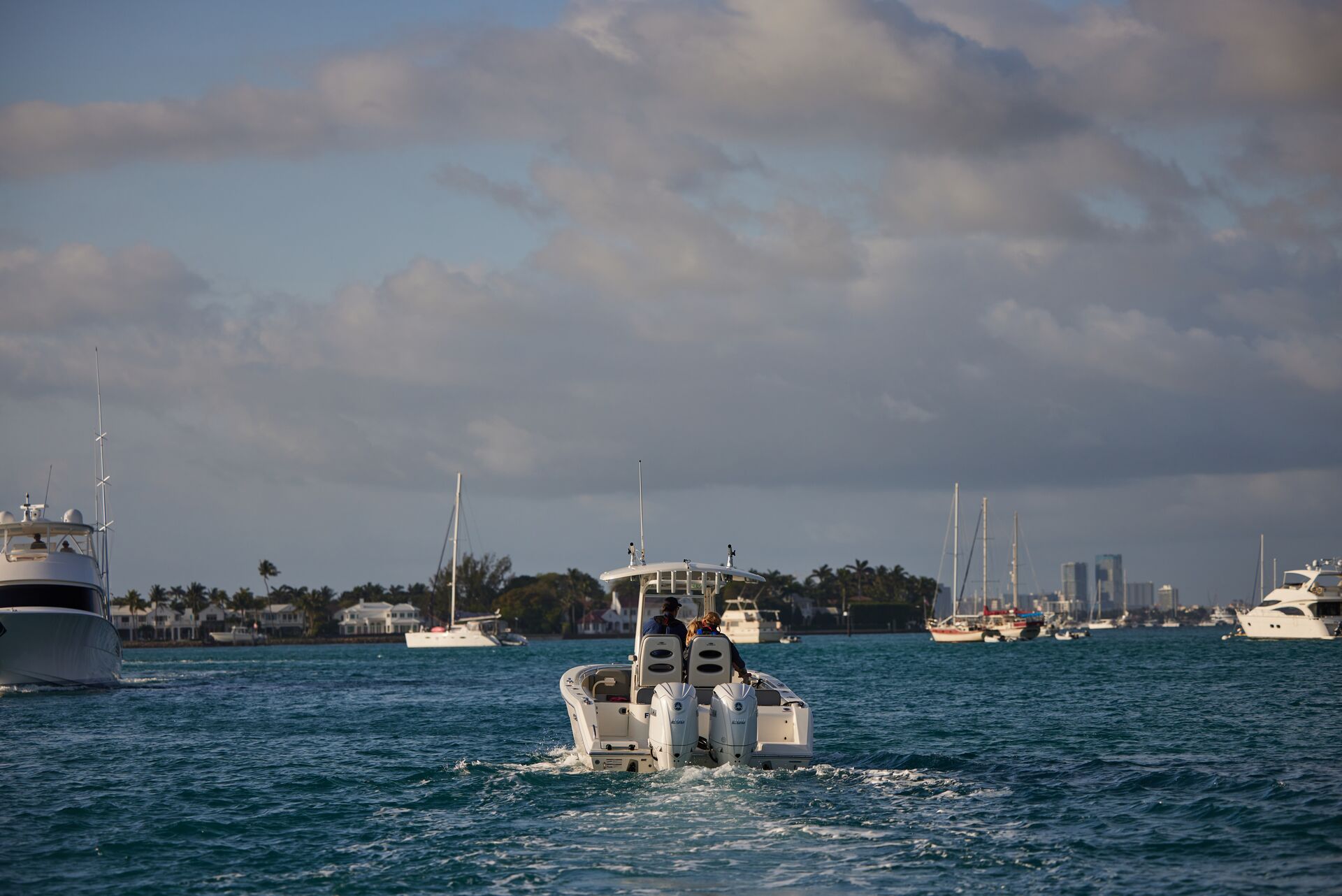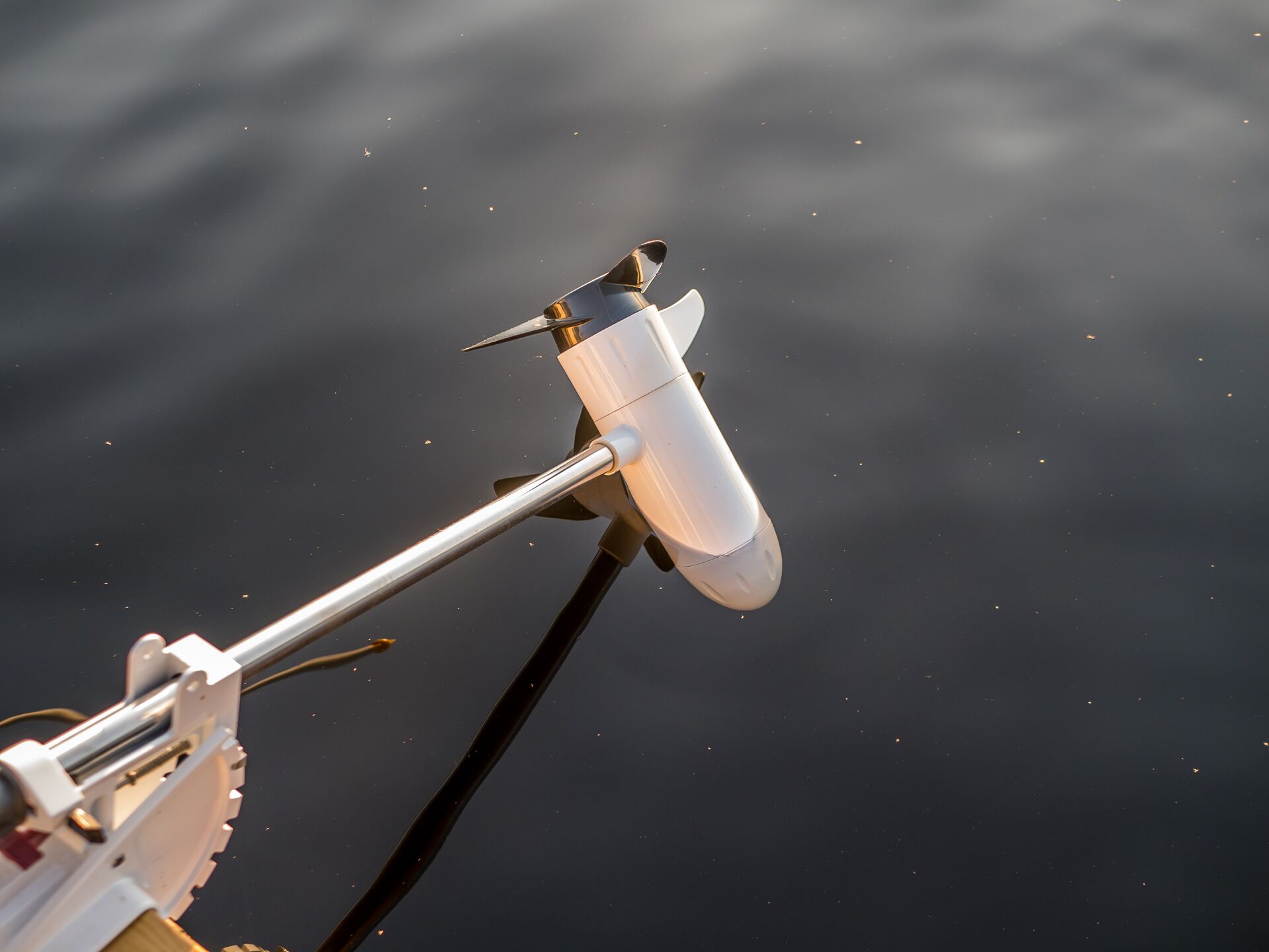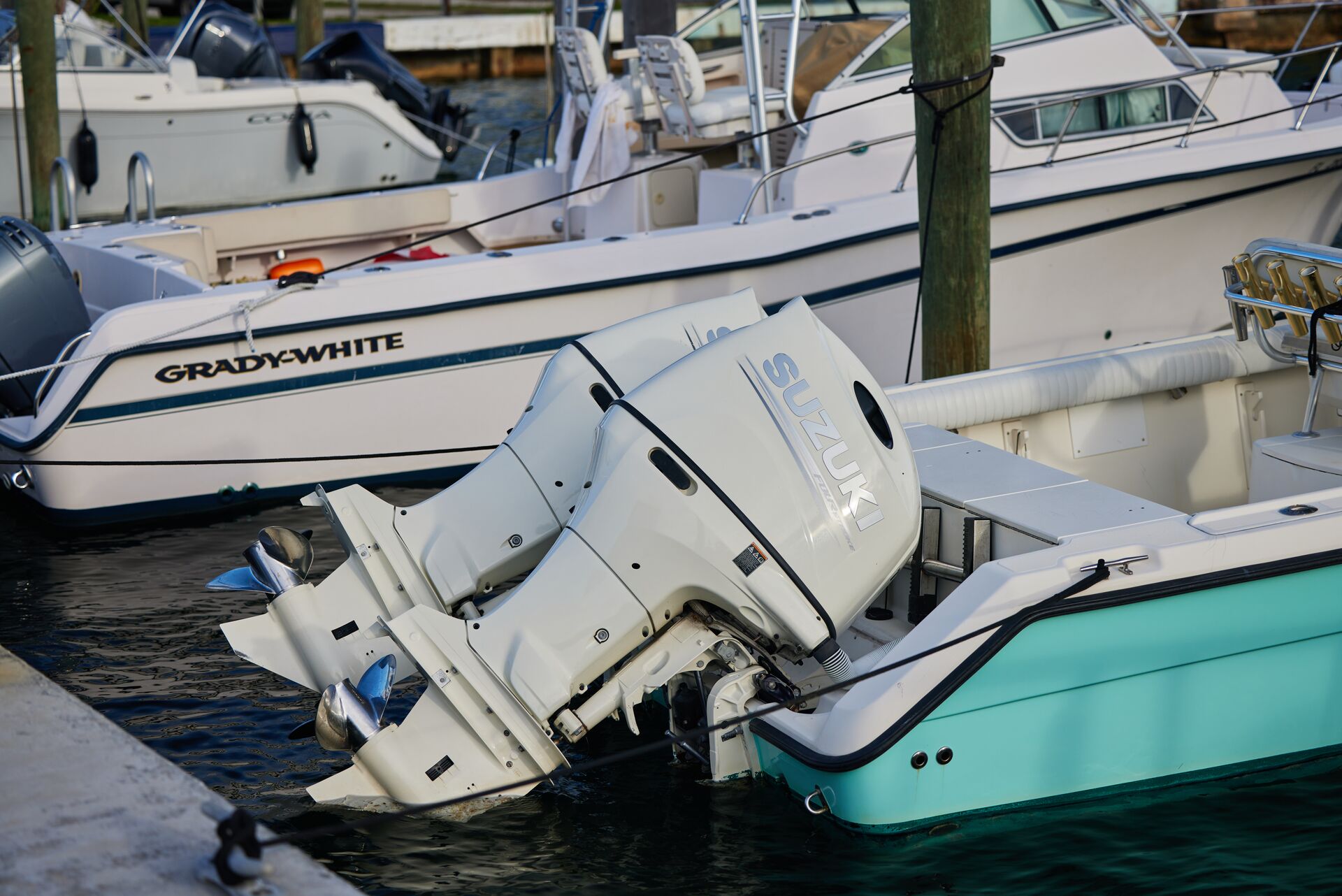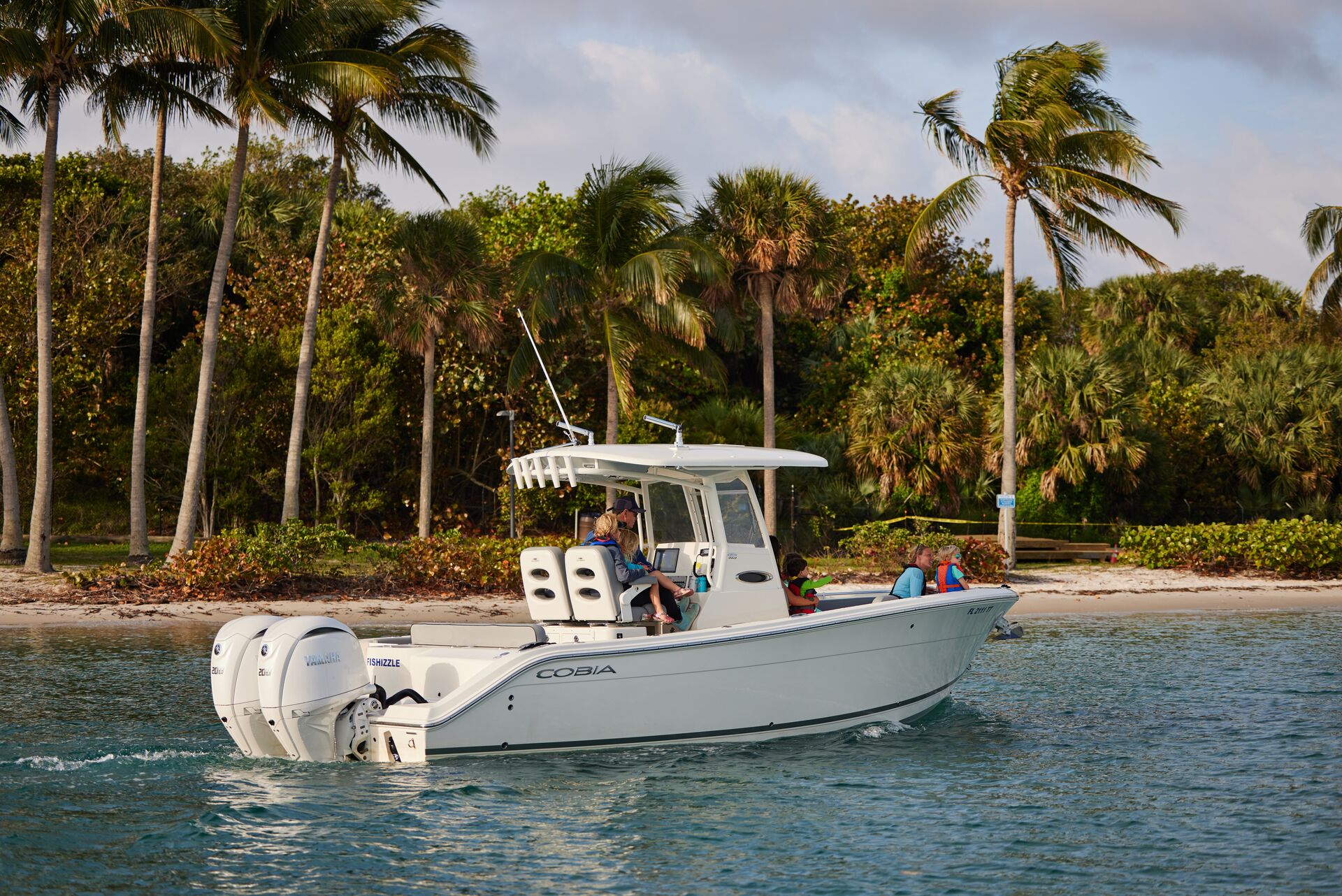Electronic Boat Motor vs. Gas: Which Is Better?

Recreational boating is continuing to grow in popularity, and to enjoy it and have a safe boating season, you need to have the right equipment.
That includes a quality motor. Choosing the best one for your situation can significantly enhance your boating experience.
Whether you're thinking about selecting a gas-powered option or an electronic boat motor, comparing them can help you decide. There have been many advancements in electronic motors, sparking a debate about which type is better for a boater's needs.
Which one is best? Keep reading for insights into electric vs. gas motors for boats to help you decide.
How Do They Perform?
Performance should be something you consider when choosing a boat or boat motor.

Electronic Boat Motor
Electronic boat motors offer several performance advantages, including instant torque delivery, which provides smooth, quick acceleration. This can improve your boating experience and maneuvering capabilities.
Additionally, electronic motors are quiet and reduce noise pollution, creating a calmer and more peaceful boating environment. These motors are typically lighter than gas options, which can improve handling and increase top speed.

Gas Motor
Gas-powered boat motors are known for their strong power levels and higher top speeds, which make them ideal for larger boats and heavy loads. They're better suited for long-distance trips because there are many places to fuel them, and you can also carry extra fuel onboard your boat.
Choosing a gas motor means you'll have equipment with a proven track record of safety and reliable performance across various weather and water conditions. They're still a favored choice for many boaters.
Cost Considerations
Before choosing an electric boat motor or a gas-powered one, consider upfront and ongoing costs.
Electronic motors tend to be more expensive initially due to advanced technology and battery systems. Gas motors, on the other hand, are more accessible, but they have lower initial costs.
The upfront price of the motor is one of many considerations, though. There are also operating costs to consider. These longer-term costs tell a different story than initial costs.
Electric motors have lower ongoing expenses since electricity is cheaper than gasoline, and there are fewer mechanical parts to maintain.
While initially less expensive, gas motors require higher fuel costs and regular maintenance, such as oil changes and filter replacements. Over time, this can equal or surpass the additional upfront expense of an electronic boat motor.
How often the motor is used, and other factors will affect the total operation costs.

Maintenance and Upkeep
Boat maintenance is another area where electronic motors take the lead. They only have a few moving parts, so they only need a little maintenance.
You won't have to worry about oil changes, spark plugs, or fuel filters. Instead, you can prioritize other boat maintenance and safety areas, like life jackets and fire extinguishers, to keep your boat safe and running well.
Additionally, software updates for electronic boat motors can enhance performance and even add new features, reducing the need for physical maintenance. These motors aren't perfect and will eventually need repair or replacement, but the overall level of ongoing maintenance is lower than with a gas-powered motor.
Gas-powered motors, in contrast, require consistent upkeep to keep them operating correctly. Regular maintenance includes oil changes, filter replacements, and fuel system treatment. Over time, the numerous parts of a gas engine will wear out or break down, leading to repair costs.
However, the service and repair infrastructure for gas engines is strong, which gives them an advantage over the newer technology of electronic motors.
Environmental Impact
An electronic motor has a clear advantage from an environmental impact perspective.
Electric motors don't produce any emissions when operating, so they're eco-friendly and have a reduced impact on air and water quality. Their quiet operation also minimizes noise pollution, which helps marine life. Recharging batteries using renewable energy sources like solar power reduces the environmental footprint.
Unfortunately, gas engines contribute to greenhouse gas emissions and other pollutants, negatively affecting air and water quality. The noise pollution from gas motors disturbs wildlife and other boaters, and there are environmental risks associated with fuel spills and the broader impact of fuel extraction and transportation.

How Will You Use Your Boat?
When choosing a boat motor, consider how you'll use it and the best motor to support your on-the-water fun.
Electronic motors are perfect for short trips, recreational use, and fishing in quiet lakes or rivers. Due to current battery limitations, they are best suited for smaller to medium-sized boats.
Still, battery improvements will likely make it easier to use these motors on larger ships in the future. Eco-conscious boaters and anyone who prefers low-maintenance options may find electric motors very appealing.
Gas-powered motors are better choices for long-distance cruising, offshore fishing, and commercial use, where reliability and power are crucial. They work well for larger boats and more demanding marine conditions, where an electric boat motor would run out of power.
Boaters who want strong and consistent performance without concerns about battery range may prefer gas motors.

No Matter Which Motor You Choose, Prioritize Safety
Regardless of which motor suits your boating needs, taking good care of yourself and others on the water is essential. One of the best ways to do that is to take a boater safety course through BOATERexam before hitting the water.
Through our online course, you'll learn safety essentials that apply to gas and electronic boat motors powering any recreational vessel on the water. With this knowledge, you'll have a safe and enjoyable boating experience for everyone involved.
Prioritize safety for boating adventures! In Canada, select our Canada-approved online course and get your license. For boaters in the U.S., choose the course for your state and start learning.



